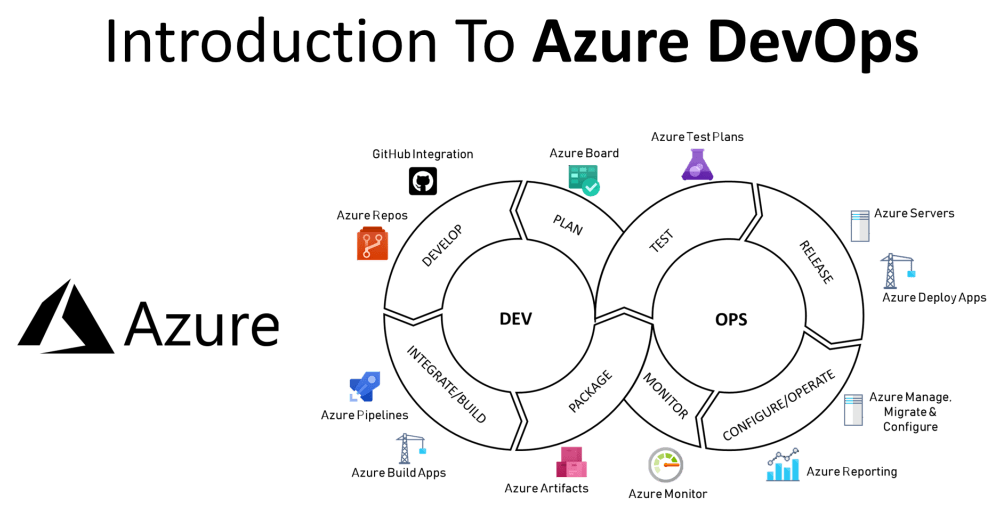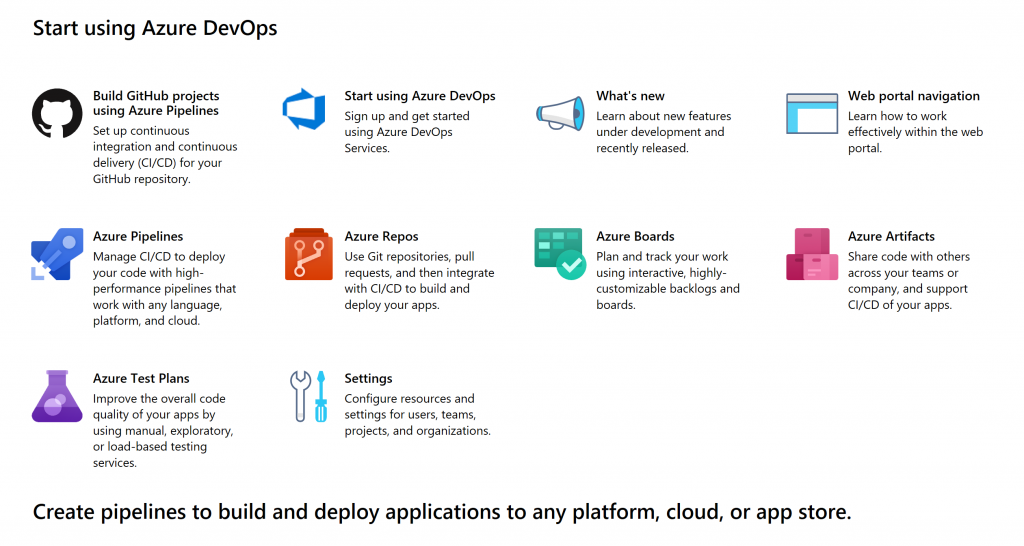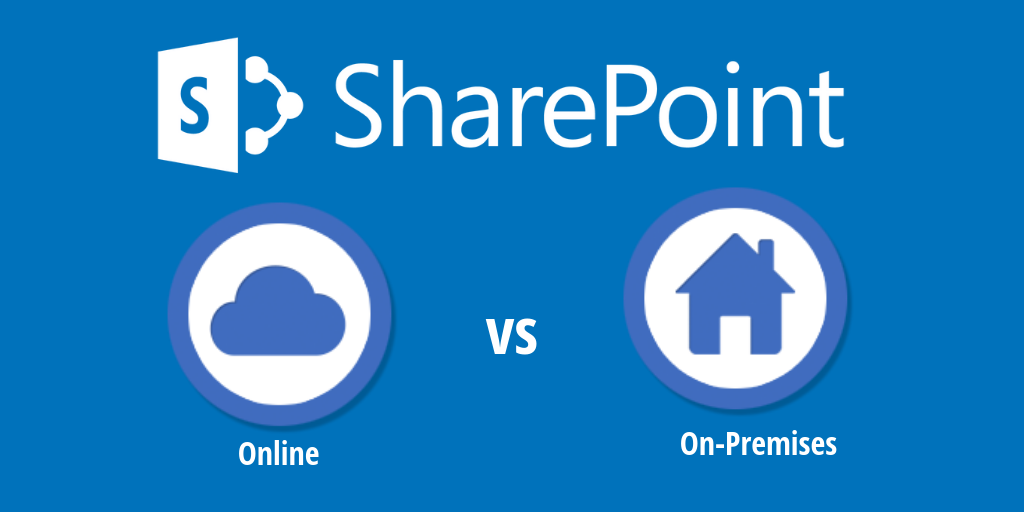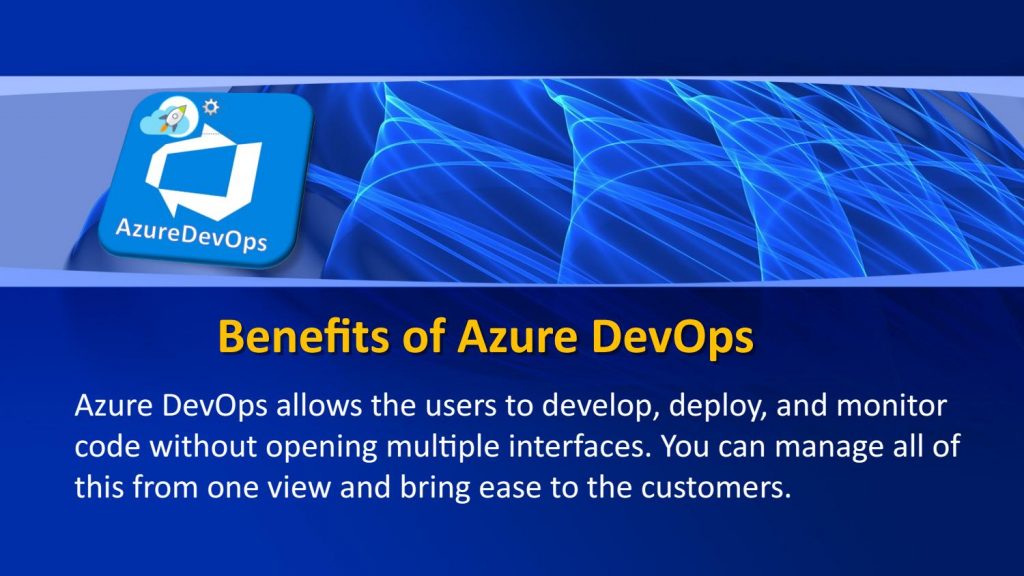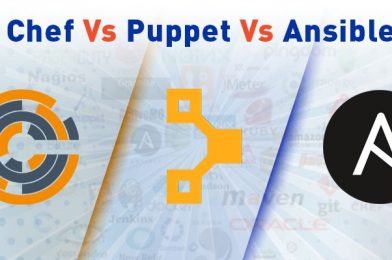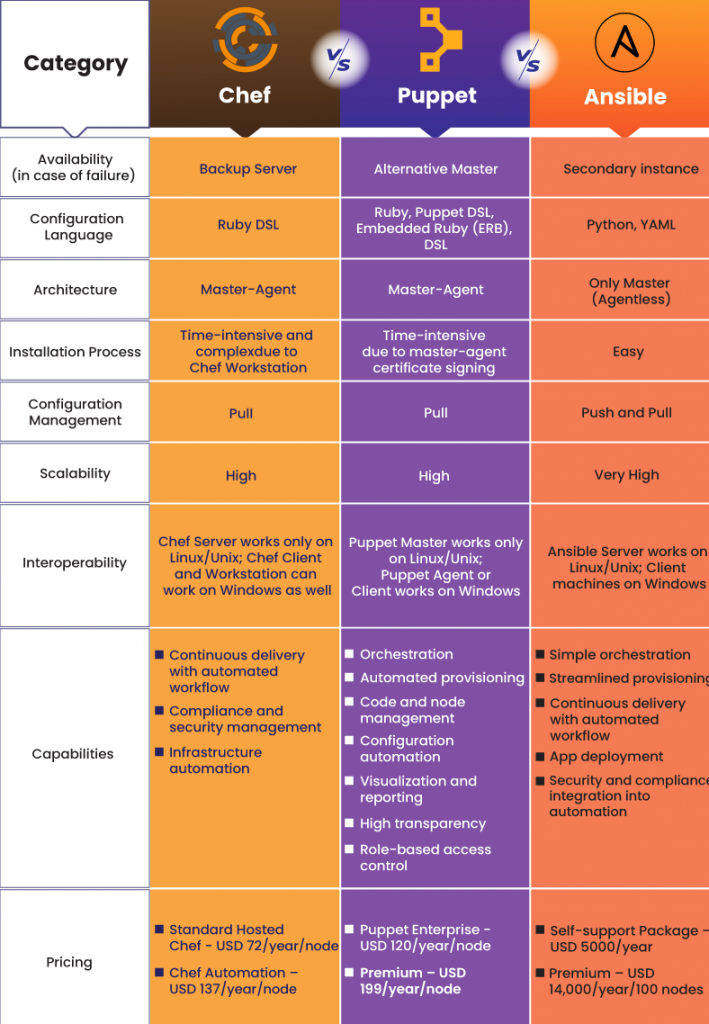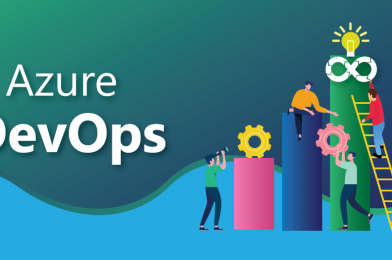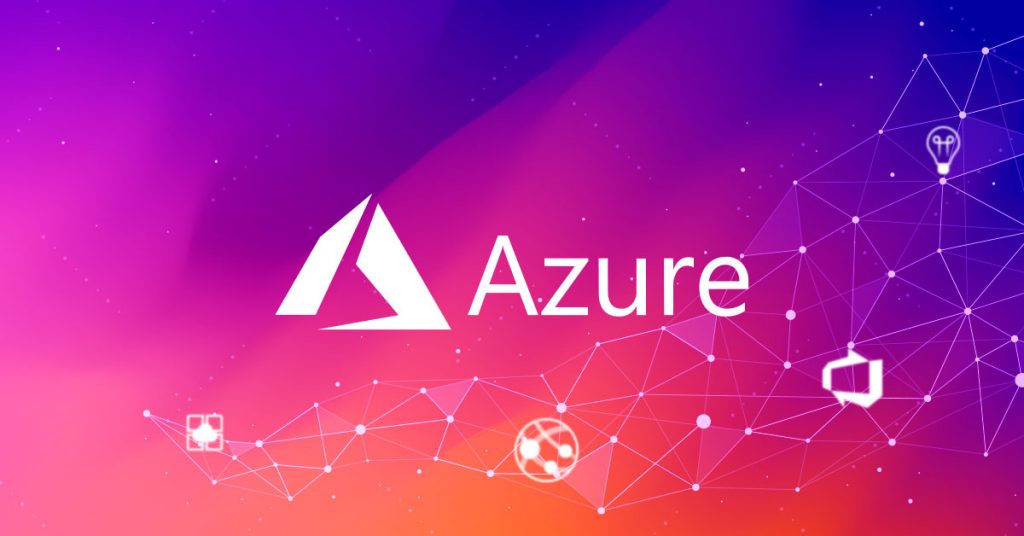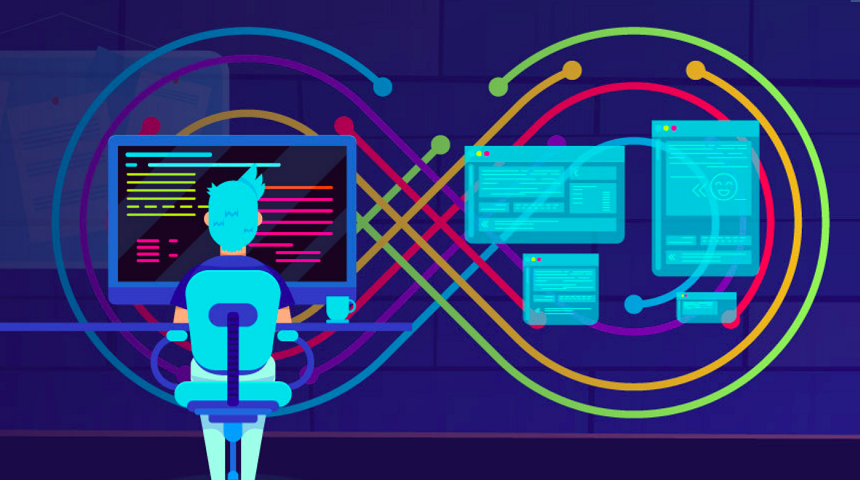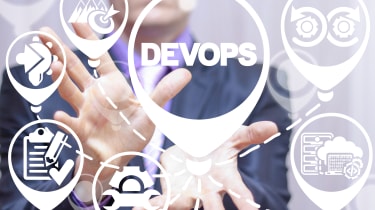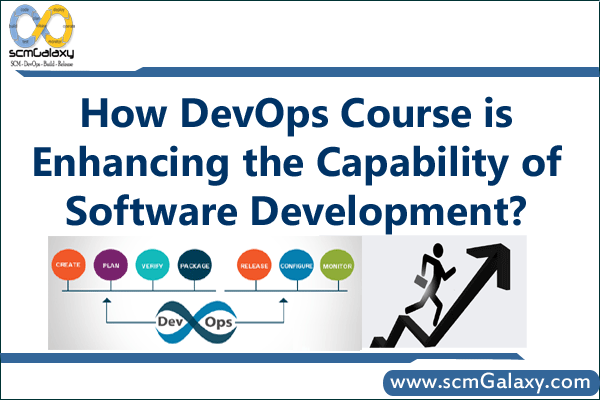
Amazon Web Services (AWS) and Microsoft Azure are two of the biggest names in public cloud computing. For example, if an organization is in need of a strong Platform-as-a-service (PaaS) provider or needs Windows integration, Azure would be the preferable choice while if an enterprise is looking for infrastructure-as-a-service (IaaS ) or diverse set of tools then AWS might be the best solution.
Let take a look on various aspect, and then we see who is better?
What is Azure?
Azureis the primary interface for managing apps, services and solutions commissioned on the Azure platform. This feature-rich web application allows you to interact with Azure services through a rich web-based interface, building, managing, and monitoring everything from simple web apps to complex cloud applications in a single, unified console.
Advantages of Azure
Here are some advantages of adopting Azure cloud services:
- Capability for developers and users to create, maintain and deploy applications
- Fully scalable cloud computing platform offers open access across multiple languages, frameworks, and tools
- Total support for Microsoft legacy apps
- Support for mixed Linux/Windows environments
- Offers inbuilt tool like Azure stack to help the organization deliver Azure service from the own data centre
What is AWS?
Amazon Web Services (AWS) is a secure cloud services platform, offering compute power, database storage, content delivery and other functionality to help businesses scale and grow. It is a subsidiary of Amazon providing on-demand cloud computing platforms.
Advantages of Azure
Here are some advantages of AWS cloud services:
- Compute Cloud allows you to increase or decrease storage according to the need of your organization
- AWS enables you to select an operating system, programming language, database of your choice
- Robust partner ecosystem
- Broad & deep service offerings
- High Transfer Stability
- Offers more data centers for availability and low latency
- Stronger support for Bl and analytics
- Better DevOps support
AWS and Azure are both leading cloud computing platforms, and they offer a wide range of services. It can be difficult to decide which one is the best for your needs.
Here is a comparison of the two platforms:
AWS
- Pros:
- More mature platform with a wider range of services
- More scalable and reliable
- More cost-effective for some workloads
- Cons:
- Can be more complex to use
- Not as well-integrated with Windows as Azure
Azure
- Pros:
- More integrated with Windows and Microsoft products
- Easier to use for some workloads
- More cost-effective for other workloads
- Cons:
- Not as mature as AWS
- Smaller range of services

Key Difference between Azure and AWS

Some of the key differences are:
- Both Azure and AWS supports hybrid cloud but Azure supports hybrid cloud better.
- Azure offers express routes while AWS offers direct connection.
- Azure provides security by offering permissions on the whole account whereas AWS security is provided using defined roles with permission control feature.
- Azure has 140 availability zone whereas AWS has 61 availability zone.
- Azure machines are grouped into cloud service and respond to the same domain name with various ports whereas the AWS machine can be accessed separately.
- Azure has a virtual network cloud whereas AWS has Virtual Private Cloud.
Comparison between Azure and AWS

| Parameters | AWS | Azure |
| Launched Date | Launched in 2006. | Launched In 2010. |
| Market Share | 31% Share of the global computing market | 11% Share from the worldwide market. |
| Availability Zone | 61 Availability Zone | 140 Availability Zones |
| Storage services | S3 Buckets EBS SDB domains Easy to use SQS CloudFront AWS Import/Export | Blob Storage Containers Azure Drive Table Storage Tables Storage Stats |
| Databases Services | MySQL Oracle DynamoDB | MS SQL SQL Sync |
| Deployment Services | Amazon Web Services Amazon Machine Instance (AMI) Traditional Deployment Models Fine-grained updates Elastic Beanstalk Cloud Formation | Cspkg (fancy zip file) Upload via portal or API via blob storage Course-grained updates “click to scale.” More magic |
| Networking Services | IP/Elastic IP/ELB Virtual Private Cloud Route 53 ELB Firewall heavily configurable | Automatic IP assignment Load-balancing Azure Connect Balancing Endpoints defined in csdef/cscfg |
| Price | Per hour- rounded up | On-demand reserved spot. |
| Customers | Adobe, Airbnb, Expedia, Yelp, Nokia, Netflix, Novartis. | Pearson, 3M, Towers Watson, NBC, Essar, Serko, etc. |
| Type of Cloud | Virtual Private Cloud (VPC) | Virtual Network |
| Connection type | Direct Connect | ExpressRoute |
| Pricing models | Free Tier Per Hour Free Trial Per Minute No change for stopped Pay for EBS volume | Free Trial Per Minute |
| Government Cloud | AWS has an edge as far as government cloud offerings. | Limited reach for government cloud offerings. |
| Support for Hybrid cloud | Does not offers the best of hybrid cloud support. | With Hybrid Cloud, organizations can integrate onsite servers with Cloud instances. |
| Ecosystem | AWS has a software marketplace with an extensive partner ecosystem. | With very few Linux options, Azure doesn’t’ have a big ecosystem. |
| Support for Big Data | EBS storage is ideal for handling big data. | Standard storage has many issues for big data, and therefore you need premium storage. |
| Maturity | More mature cloud environment for big data. | The less mature environment for big data. |
| Machine access | In AWS machine can be accessed separately. | Machines are grouped into cloud service and respond to the same domain name with various ports. |
| Salary | The average salary for “AWD engineer” is approximately $141,757 per year for Software Architect. | The average salary for “Microsoft Azure” ranges from approximately $113,582 per year. |
| Key features | Zero setups, Detail Monitoring, Auto-scaling groups. | Start-up friendly, High performance, Low cost. |
| Long term data archiving | Allows long term data archiving and retrieval. | Does not offer any long term data archiving and retrieval option. |
| Security | Security is provided using defined roles with permission control feature. | Provides security by offering permissions on the whole account. |
Which one is better AWS or Microsoft Azure?


Now, let’s see AWS vs Azure which is better for your needs?
We have tried to shower some light on AWS vs Azure debate in this article. There is no clear winner in this AWS Azure battle of cloud service providers. Comparing Azure and AWS is extremely difficult as both continue to launch new pricing structures, new products, and new integrations. Microsoft Azure has increased its market share in the last couple of years, but not to an extent where there is a real contest between the two companies at least for the near future.
The decision to choose either of the platforms depends on the needs of organizations how AWS vs Azure comparison meets those requirements.
Therefore, the final selection will be depend on the need of your organization. And also if you want to learn AWS or Azure then please check out Devopsschool.com




